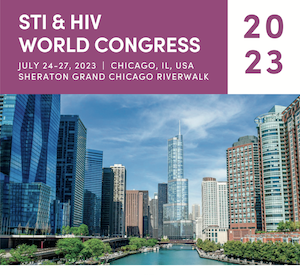
Sheena McCormack, MBBS FRCP Dip Ven MSc
Professor of Clinical Epidemiology
MRC CTU at UCL
It can only get better!
Multiple RCTs have successfully demonstrated the biological efficacy of pre-exposure prophylaxis (PrEP) whether administered as an oral tablet, in a vaginal gel or ring, or as a long-acting injectable. Single antiretroviral agents have proved effective in diverse populations when used correctly and consistently, and an event-based regimen of TDF-FTC with only 4 tablets per event proved highly effective for men who have sex with men in a placebo-controlled trial.
The most common recommendation for post-exposure prophylaxis (PEP) globally is 28 days of a 3-drug regimen started within 72 hours of sex. This is based on expert opinion after review of early animal challenge experiments, a case-control study of occupational exposure, vertical transmission and surveillance data. The duration, need for a third drug, and effectiveness of starting as late as 72 hours have never been evaluated in randomised, controlled clinical studies.
Antiretrovirals do not prevent transmission which is rapid (~30 minutes), but work with innate immune responses to prevent an established infection. The window of opportunity is uncertain but the shortest estimate for a complete replication cycle is 28 hours, so the time to act is definitely short.
PrEP users can start a 2-drug PEP regimen within hours of exposure - they should be enabled to do so as missed pills prior to sex is common and access to out of hours PEP limited. Highly effective drug levels are achieved within 4 hours, so within the shortest replication cycle if started within 24 hours of sex. Genital and PBMC levels remain high for several days beyond this due to the long half-life of both drugs, and there is compelling evidence to suggest that the classic on-demand regimen (2:1:1 over 48 hours) is sufficient to prevent an established infection, even when the first dose is after sex.
Disclosure information not submitted.
Presentation(s):
-
SP4.1 - Improving the HIV PEP – PrEP interface
Wednesday, July 26, 2023
14:35 - 14:55 CST

